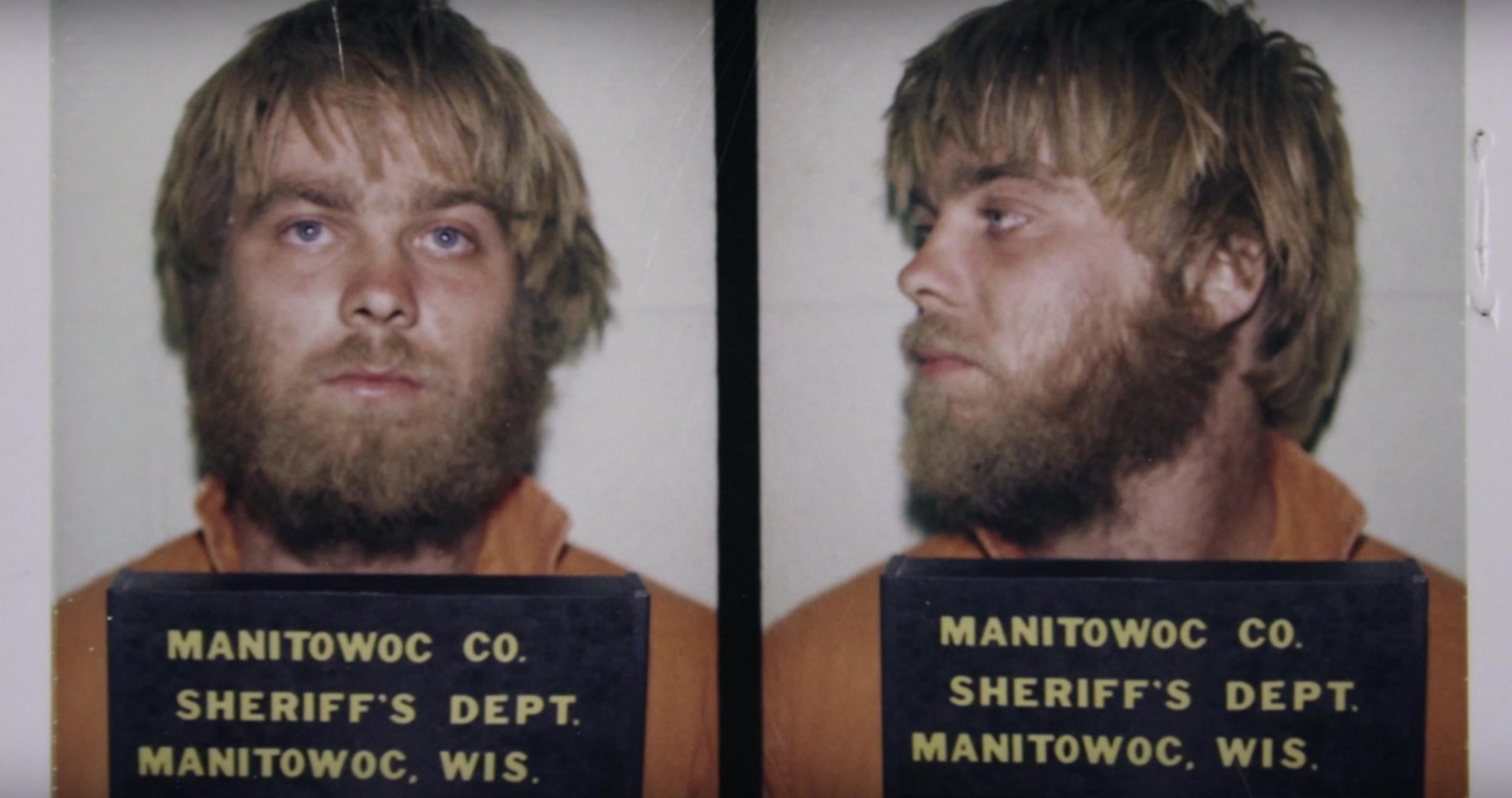Steven Avery: Petitions calling for pardon of Making a Murderer documentary subject exceed 100,000 signatures
The two petitions quickly gained signatures in the weeks after the documentary premiered

Your support helps us to tell the story
From reproductive rights to climate change to Big Tech, The Independent is on the ground when the story is developing. Whether it's investigating the financials of Elon Musk's pro-Trump PAC or producing our latest documentary, 'The A Word', which shines a light on the American women fighting for reproductive rights, we know how important it is to parse out the facts from the messaging.
At such a critical moment in US history, we need reporters on the ground. Your donation allows us to keep sending journalists to speak to both sides of the story.
The Independent is trusted by Americans across the entire political spectrum. And unlike many other quality news outlets, we choose not to lock Americans out of our reporting and analysis with paywalls. We believe quality journalism should be available to everyone, paid for by those who can afford it.
Your support makes all the difference.Two online petitions demanding the pardon of Steven Avery, the subject of the popular Netflix series Making a Murderer, have together received 100,000 signatures, just two weeks after the documentary premiered online.
*UPDATE* The petitions to free Steven Avery and Brendan Dassey have no reached over 150,000 signatures. Read the full story here.
The petitions, which are hosted on the official White House petition website and Change.org, have collectively gained a total of 114,679 signatures since they were created shortly after the show's premiere on 18 December 2015.
Making a Murderer documents the story of Steven Avery, a Wisconsin man who was sent to prison in 1985 for sexual assault and attempted murder. DNA evidence later proved that he was innocent of the crimes, and Avery was released from prison in 2003 after his conviction was overturned.
Two years after his release and his filing of a $36 million (£24.4 million) lawsuit against Manitowoc County for his wrongful conviction, he was again accused and later convicted for the murder of Teresa Halbach, a photographer who was last seen near Avery's family home.
Avery has always maintained his innocence of both alleged crimes, and during his second trial his defence team claimed Manitowoc County police had framed him for Halbach's murder. He is currently serving a life sentence at Wisconsin's Waupun Correctional Institution.
Through chronicling Avery's story, the documentary has shone a light on the challenges and alleged failings of the criminal justice system, making allegations of improper interrogations and forced confessions.
It has also picked up a huge following online, with many fans poring over the details of the case themselves and asserting the innocence of Avery and his nephew Brendan Dassey, who was also implicated in Halbach's death.
The text of the White House petition, which currently has around 18,000 signatures, says that Avery and Dassey "should be given a full pardon by President Obama for their wrongful conviction in the connection to the murder of Teresa Halbach."
"Based on the evidence in the Netflix documentary series Making a Murderer, the justice system embarrassingly failed both men, completely ruining their entire lives."
It also alleges that Manitowoc County police used "improper methods" to ensure the conviction of both men, and calls the entire episode a "black mark on the justice system as a whole." This petition still needs around 80,000 signatures before it is considered by White House staff.
The Change.org petition, which currently has around 97,000 signatures, also says Avery should recieve a presidential pardon, and calls for the Manitowoc County officials involved in the case to be "held accountable" in front of the law.
Officials have denied the series' claims of legal wrongdoing, with Manitowoc County Sheriff Robert Hermann telling local newspaper the Herald Times Reporter that the filmmakers "have taken things out of context and taken them out of the order in which they occurred, which can lead people to a different opinion or conclusion."
Former district attorney Ken Kratz, who acted as prosecutor in Avery and Dassey's trials, also told a local news station that "80 to 90 per cent" of the physical evidence that allegedly ties Avery to Halbach's murder was not presented in the documentary.
He alleged the show's creators, Laura Ricciardi and Moira Demos, had not given him the opportunity to respond to the documentary's claims - something the filmmakers deny.
All 10 episodes of Making a Murderer are currently available to stream on Netflix.
Join our commenting forum
Join thought-provoking conversations, follow other Independent readers and see their replies
Comments